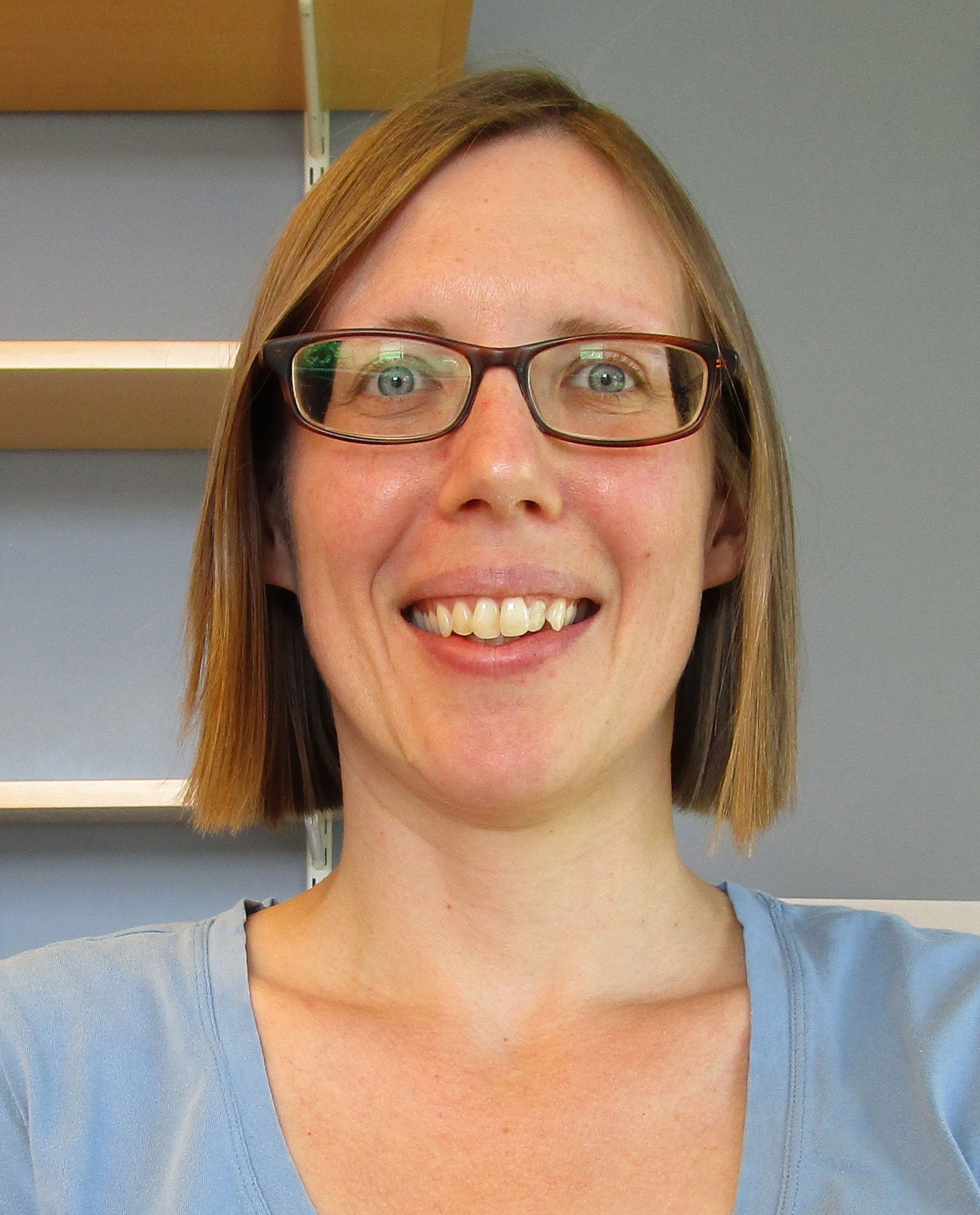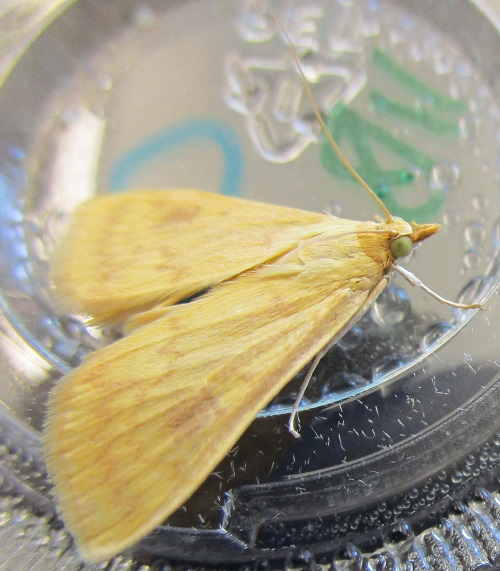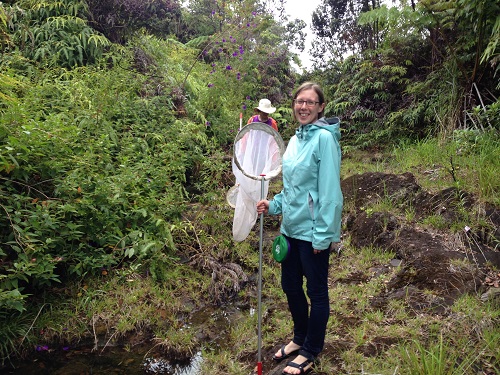About the department:
I am an Assistant Professor in the Department of Biology at UMass-Dartmouth. We have a recently developed Ph.D. program in Integrative Biology. We also have M.S. programs in Biology and Marine Biology. Our undergraduate Biology program offers students the ability to specialize in different options: Marine Biology, Ecology and Evolution, Conservation Biology, Cellular and Molecular Biology.
About the research:
I study how assortative mating evolves during speciation. My research program focuses on genomic and epigenomic mechanisms that produce mating behavior divergence and if these mechanisms are altered in changing environments. My work integrates animal behavior, evolutionary ecology, genetics, and genomics. By identifying the underlying mechanisms of mate choice, we can gain insight into how barriers initially arise and the selective pressures that may drive their evolution. We can also predict how continuing environmental change will influence sexual selection within species and hybridization among species.
How do you/will you approach mentoring new lab members?
Mentoring is a very important part of being a PI and one I find personally very rewarding. I try to provide as many opportunities for students to grow as scientists as possible, from attendance at meetings to inclusion in all aspects of the science I do (manuscripts, grant writing, reviews).
Are you recruiting? If so, how do you/ will you choose new lab members?
I am recruiting graduate students for the lab. I choose potential students based on overlapping research interests and how I feel they will interact with my growing research group.
When and why did you become a SSE member?
I became an SSE member in 2008 to attend the Evolution meeting that year.
When was your first Evolution Meeting, and how did it affect your career?
My first meeting was Minneapolis in 2008. It introduced me to a number of amazing scientists, both senior and at my own level, that I still interact with today.
Do you remember your first publication in Evolution or Evolution Letters (acceptance or rejection)?
Yes, I was so excited when my first paper (on mutual mate choice in stickleback fish) was accepted to Evolution in 2009.
Besides research, how do you promote science?
Throughout my career, I have been involved in outreach activities for young women, such as Expanding Your Horizons, STEM4girls, and summer science camps. I think it is important for female scientists to have role models to encourage broader participation in science.
What one piece of advice would you give to a starting graduate student?
Don't be afraid of failure! Everyone has experiments fail, everyone has papers get rejected. Learn something from these experiences and move on.
What is something most people don’t know about you?
If I didn't become a biologist, I would have become a historian.
 Genevieve Kozak
Genevieve Kozak
